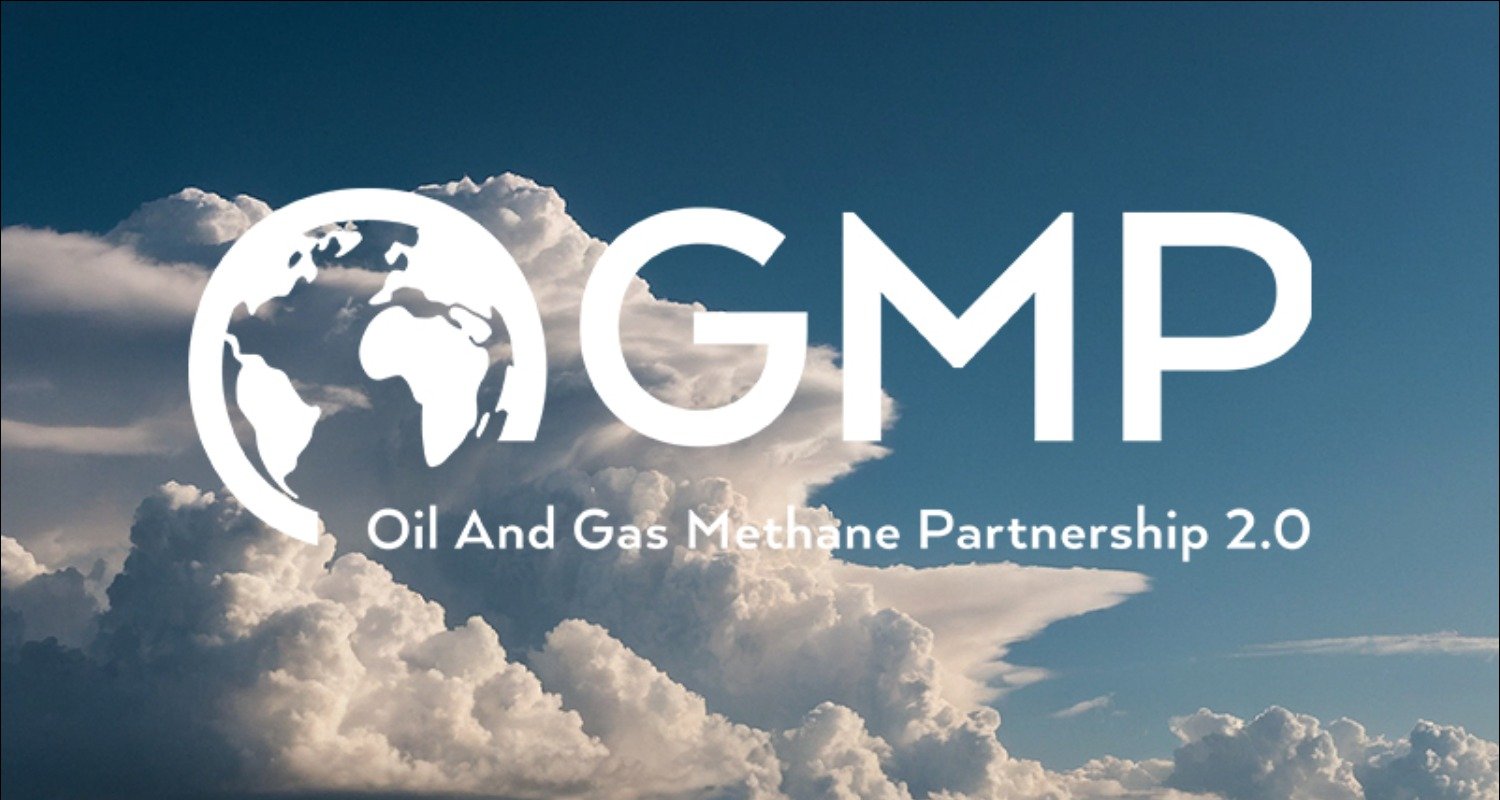Joining forces to reduce methane emissions
Joining forces to reduce methane emissions
Energy efficiency in our operations
Mitigating greenhouse gas (GHG) emissions
Energy efficiency requires a continuous process of searching for opportunities for improvement in the fields of technology, design, and operating and maintenance procedures. It has always played a part in our projects and operations, being prominent since 2006 in plans and goals to reduce the energy and carbon intensity of our operations.
Efficiency to reduce emissions
The ongoing monitoring of our energy and carbon plans aims to ensure operational excellence in terms of our processes’ energy performance, which is key to reducing our carbon intensity and moving towards the ambition of net zero emissions by 2050. In this regard, we have recently established the ambition of achieving net zero emissions, scope 1 + 2 in operated assets, by 2050, aligned with the Oil and Gas Decarbonization Charter's (OGDC) commitment announced during COP28. In 2021, we had already established the aim of reducing our scope 1+2 emissions in operated assets by 55% by 2030 compared to 2016. Moreover, a plan for the 2021-2025 period is underway, with the aim of achieving an additional reduction of 1.5 Mt CO2 in the 2021-2025 period compared to 2020, which includes, among others, electrification projects, energy integration of units, process optimization, efficient operation of facilities, and reduction of methane emissions.
Reducing routine flaring
Flares are a key factor for our facilities and environment safety. Since 2016, we have adhered to the World Bank’s Zero Routine Flaring by 2030 initiative, in which we commit to finding viable technical and economical solutions for minimizing routine flaring as soon as possible and no later than 2030. Our goal is to reduce CO2 equivalent emissions from this activity by 50% by 2025 in E&P operated assets, whose baseline was established in 2018.
Reducing the intensity of methane emissions
The detection, monitoring, and reduction of methane emissions throughout the gas chain is of great importance given the role of natural gas in the energy transition and the potent global warming potential of methane. We have established the goal of reducing our methane intensity to 0.20% by 2025 in our E&P operated assets, a value recognized as an operational excellence standard for the oil and gas sector by international bodies such as UNEP, which has enabled us to actively participate in collective commitments in this area:
Joining forces to reduce methane emissions
UNEP Gold Standard in methane measurement

Our adherence to OGMP 2.0 has been crucial for deploying emerging methane emissions measurement and monitoring technologies, such as drones, light aircraft, and continuous monitoring, on our operating assets, while also helping us better understand our emissions from non-operating assets. One of the unique features of OGMP is that it imposes the same requirements on both operating and non-operating assets, which is a challenge as it involves implementing these technologies on assets operated by other companies, who are not always signatories to the initiative. Since our adherence in 2020, we have carried out engagement activities with the operators of our non-operating assets to gradually achieve the same level of requirements. All of these actions strengthen our methane reduction strategy.
Year after year, we have earned the Gold Standard Pathway, which has provided a boost to our plans to advance toward the highest standards in methane emissions reporting and monitoring.
UNEP recently recognized our commitment by awarding us the OGMP Gold Standard Reporting, the highest and most demanding methane emissions reporting standard for the Oil & Gas sector, based on the implementation of new technologies across our entire asset portfolio, both operating and non-operating.
Energy efficiency projects in our facilities
repHEN (Repsol Heat Exchanger Network)
A tool for monitoring fouling in heat exchangers. It defines optimal cleaning strategies, makes the most of sudden shutdowns, identifies opportunities to improve equipment and processes, and analyzes investments for active cleaning, therefore increasing CO2 reduction from 3% to 10%.
Replacement of compressors
Replacement of two compressors for a more efficient model with a variable speed motor in the Petronor refinery in Muskiz, Spain, which allow for the optimization of power consumption, therefore leading to a 77,000-metric ton reduction in CO2 emissions each year.
Improving the efficiency of furnaces
Two new air preheaters were installed in two furnaces at the refinery in Cartagena (Spain) in order to recover residual heat and thereby reduce CO2 emissions by 14,000 metric tons per year.
Oil well optimization
Development of a tool to evaluate electrical submersible pumping systems in the oil wells of Block 16 and 67, located in Ecuador. This action enables the annual reduction of 4,500 tonnes of CO2.
Through the Oil & Gas Climate Initiative Investment Fund, we invest in solutions aimed at reducing carbon dioxide emissions by increasing energy efficiency.
Calculating our products' carbon footprint
We analyze the carbon footprint of our products in all stages of their life cycle. The methodology that we use for the calculation is ISO 14067 based, an international standard that validates the rigor of our work. Energy efficiency projects are fundamental in reducing the carbon footprint at the stages in which we have operational control.

Net zero emissions by 2050
We take on the commitment of reaching net zero emissions by 2050.